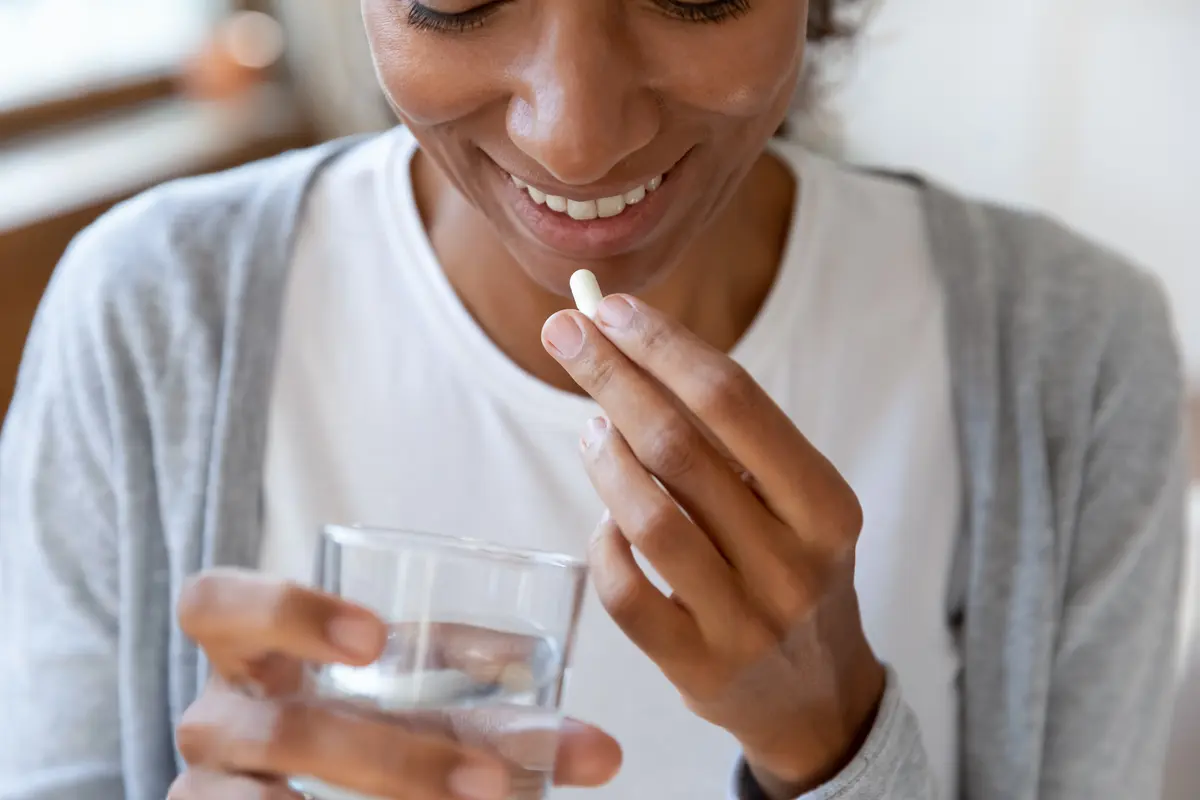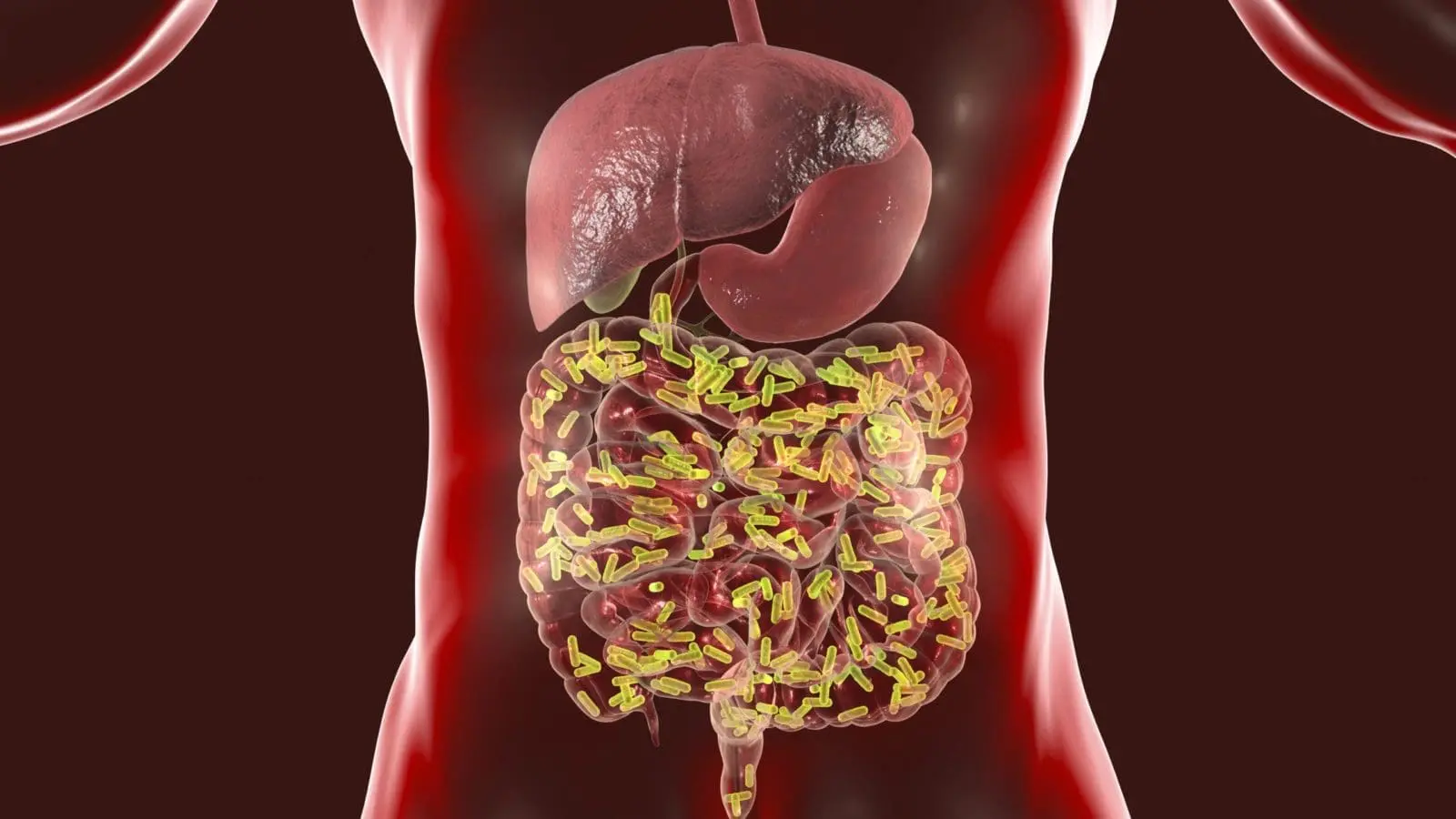ARTICLE SOURCE: https://hbnshow.com/articles/health-starts-in-the-gut/probiotics/
Martie Whittekin, CCN
March 23, 2020
Original Post Date: March 23, 2020
Probiotics
Well over 2,000 years ago, Hippocrates, the father of modern medicine, taught that all disease begins in the gut. It turns out that he was right—even though he had no way to know then about the crucial role of bacteria. For a long time, we thought that bacteria were only bad. Then we became aware that good varieties might help keep our elimination regular. Now, we appreciate that having a robust, diverse, and well-balanced personalized collection of friendly bacteria in our intestinal tracts does a whole lot more. It plays a role in supporting weight management, mood, cardiovascular, health, metabolism and immune systems. It isn’t clear that we can even stay alive without what Steven Gundry, MD calls “our gut buddies”!
When the gut microbes become imbalanced in favor of troublemakers, one unfortunate outcome can be a weakening of the intestinal lining which can lead to further health concerns and a wide variety of complaints.
We are host to a LOT of these critters—perhaps 100 times more bacterial cells than our own body’s cells. Together they weigh 3-4 pounds, which is about as much as our liver and they have even more jobs! This internal collection of microorganisms is called our “microbiome”. It is a crucial part of the body’s instruction manual because the bacteria have 1,000 times more DNA than our own cells! For a tiny glimpse of how they work, look at this page
showing a few of the jobs performed by the 13 species (also known as strains) used in the fermentation of Dr. Ohhira’s Probiotics.
A few probiotic basics:
- Antibiotics are our gut buddies worst enemies.
These drugs are created to kill bacteria and they are not like Santa Claus, e.g. checking who’s naughty and nice. Up to 50% of the time, antibiotics should not even be prescribed because, like in the case of the flu, the problem is not bacterial. After a round of antibiotics it may take our gut up to a year to return to normal. Unfortunately, doctors aren’t as cautious as they should be and sometimes “take orders” for antibiotics over the phone, doing the patient no service. We are also getting stealth agricultural antibiotics slipping through in commercial meat and dairy. Glyphosate weed killer (e.g. in Roundup) acts as an antibiotic. It is used so extensively that studies show that 93% of us probably have it in our bodies. - Modern life in general is hard on our gut buddies. The assault starts when a child is born by C-section and therefore misses the first donation of bacteria that he or she would have gotten in the natural birth process. Then, mom and baby are both likely to receive antibiotics. Tap water has chlorine added to kill bacteria. The air and a great many consumer products contain toxic chemicals and most medications are hard on bacteria. You can see why we must look out for them.
- What the bacteria like to eat. Foods they eat are called “prebiotics”. The probiotics thrive on fiber, especially from vegetables and fibrous fruits. Fibers like FOS and inulin that are often added to probiotic products do increase the numbers of bacteria, but not necessarily the important diversity and certainly not the postbiotics that you will read about below. It is smart to eat as much organic produce as you can because the agricultural chemicals are so harmful. The Environmental Working Group makes an annual list of the “Dirty Dozen and clean 15”. Commercial kale is now at the top of the dirty list, so that is a good place to start going organic. Good bacteria appreciate spices like turmeric.
- What they don’t like to eat. Ultra-processed foods in general are bad for our good bugs because they lack fiber and nutrients and contain harmful chemicals such as preservatives, artificial colors and the like. Sugar from any source is a special problem because it feeds intestinal yeasts that are competing bad guys.
- “Postbiotics” are the magic.
It seems that the main way that probiotic bacteria help us is to digest the good foods we eat and turn them into useful substances… hundreds if not thousands of them. For example, you’ve likely heard that pomegranates are a sort of superfood. An interesting study showed that pomegranate extended the life of mice 50%, but only if the mice were host to the right bacteria that could make Urolithin A (a postbiotic) from the fruit. Click here to see a list of the types of postbiotics our bacteria make. - Meaningless marketing claims. It is the American way to assume that more is better. So, when we see a probiotic ad claiming 50 billion organisms that might sound pretty good. However, without even getting into why the freeze-dried type might not be viable, consider that well fed bacteria in a good environment can double in numbers every 30 minutes. That means that in 24 hours, 100 bacteria can become 28 quadrillion! Obviously, we should get well researched strains and give them a good home.
- What do I recommend? I think eating a diet with lots of vegetables and fiber plus fermented foods is a great start. Most of us need some extra help and over the years I have not found anything that works as well and as quickly as Ohhira’s Probiotics. That’s because it is a concentrate of fermented foods, not a freeze dried powder. Thirteen strains of bacteria are fed dozens of superfoods over at least 3 years. That means you get the postbiotic benefit of untold generations of bacteria. The bacteria are not freeze-dried, they are alive and come in a capsule with their food supply and hundreds of the postbiotics they made for you. Because they are fermented at room temperature, they don’t need to be refrigerated. The usual probiotics are probably not bad, but their benefit is no comparison to Dr. Ohhira’s Probiotics. It deserves to be in a different category.
For a more complete story and an indexed guide to solving many health issues naturally, please read my book The Probiotic Cure: Harnessing the Power of Good Bacteria for Better Health






